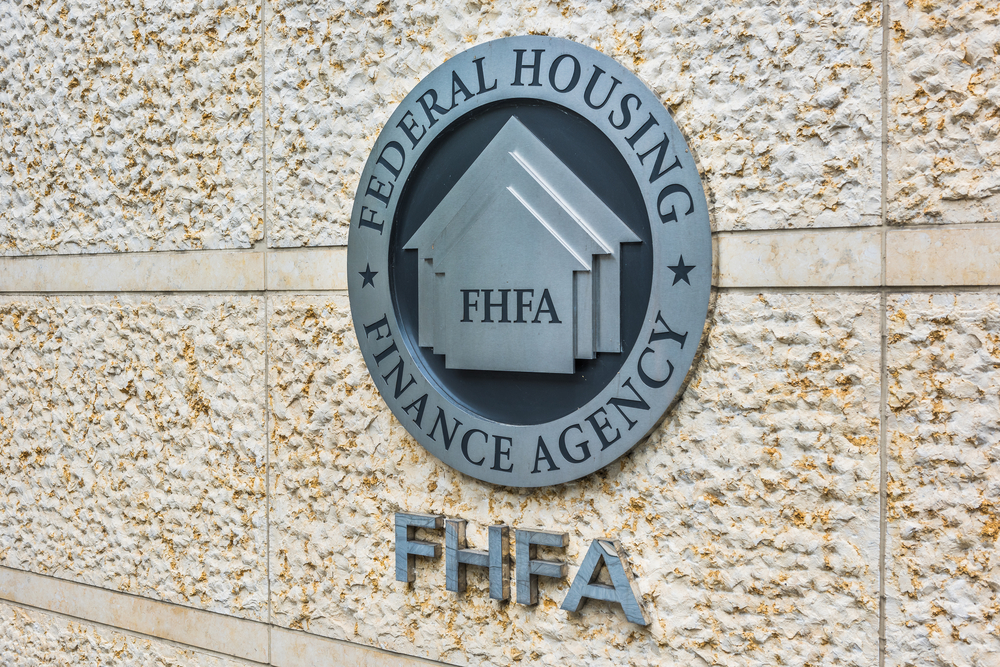The Federal Housing Finance Agency’s (FHFA) annual report on the single-family guarantee fees charged by Fannie Mae and Freddie Mac shows that those fees dropped in 2016.

For all loan products combined, the average single-family guarantee fee fell in 2016 by two basis points from 59 basis points to 57 basis points. The decline in fees was due to competitive pressures between the Enterprises, and less because of changes in the product type mix from 2015.
The average guarantee fee in 2016 on fixed-rate, 30-year loans fell by two basis points to 61 basis points; the fee on fixed-rate, 15-year loans fell by four basis points to 37 basis points; and the fee on adjustable-rate mortgage loans remained steady at 59 basis points.
In 2016, extra-small lenders paid, on average, two basis points less than extra-large lenders in total guarantee fees. Guarantee fees among the size groups have been comparable, with only small differences in any year since 2013.
The Housing and Economic Recovery Act of 2008 requires FHFA to submit a report to Congress annually on guarantee fees. Guarantee fees are intended to cover the costs Fannie and Freddie incur for guaranteeing the payment of principal and interest on single-family loans they acquire from mortgage lenders. These costs include projected credit losses from borrower defaults over the life of the loans, administrative costs, and a return on capital.
The FHFA regulates Fannie Mae, Freddie Mac, and the 11 Federal Home Loan Banks.